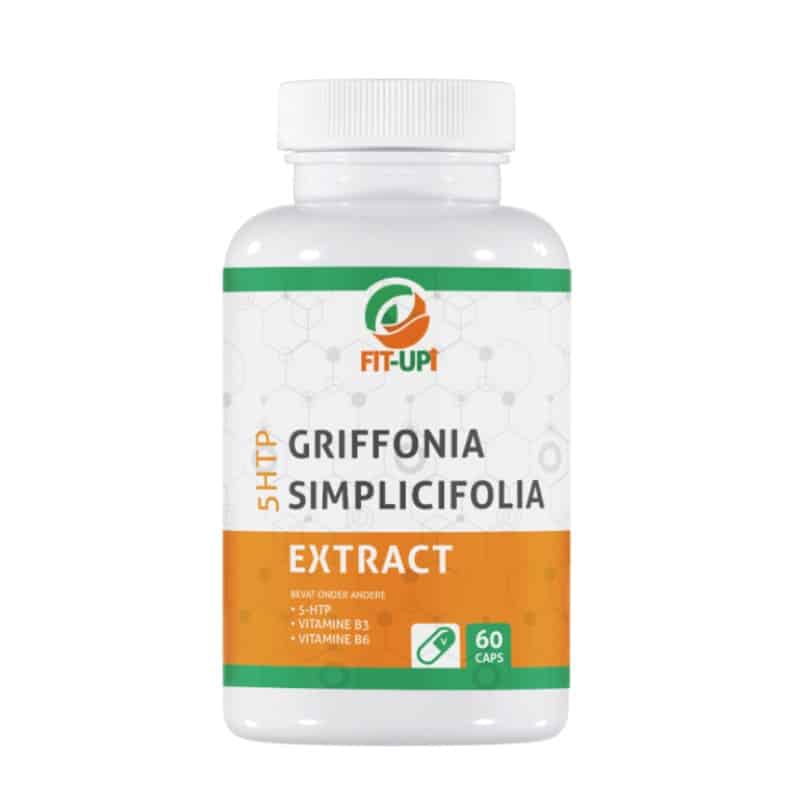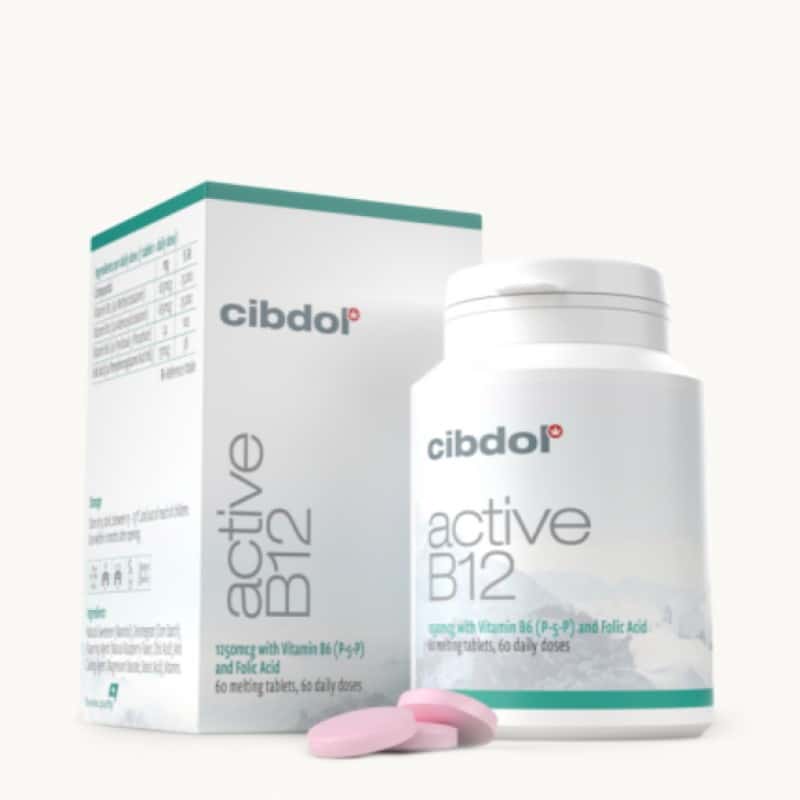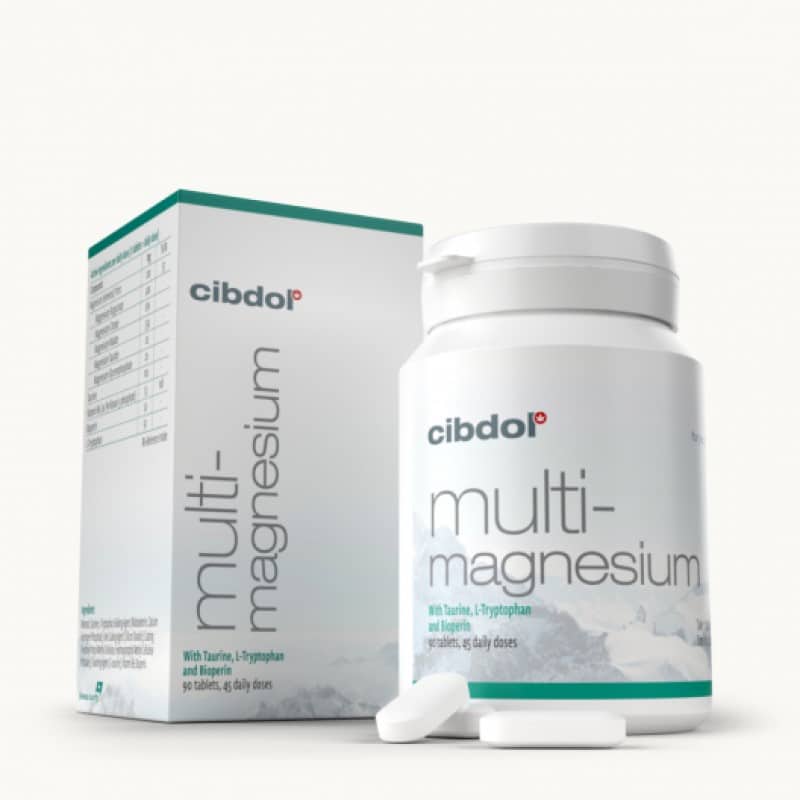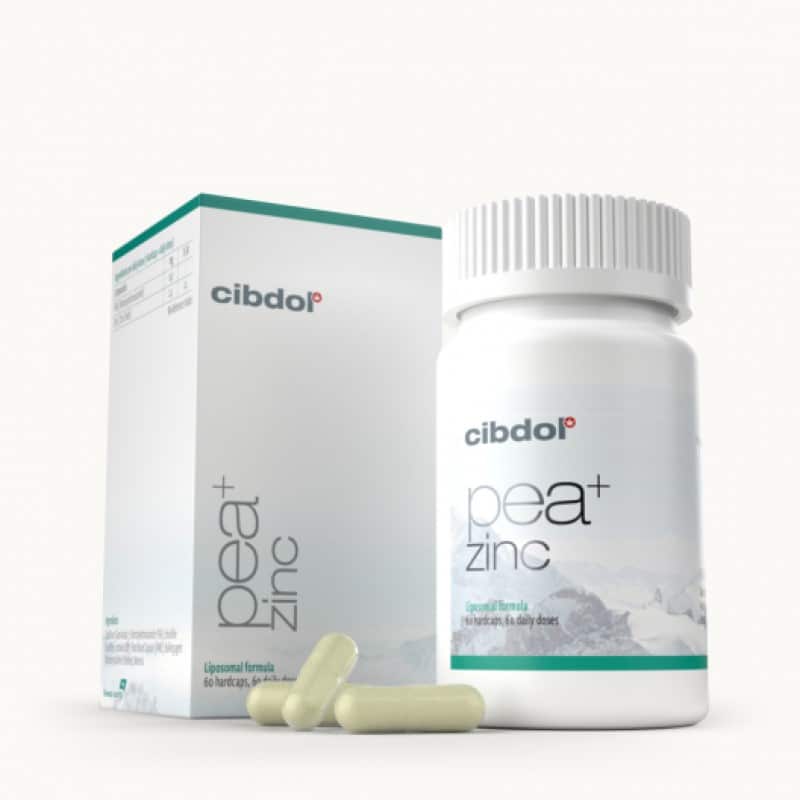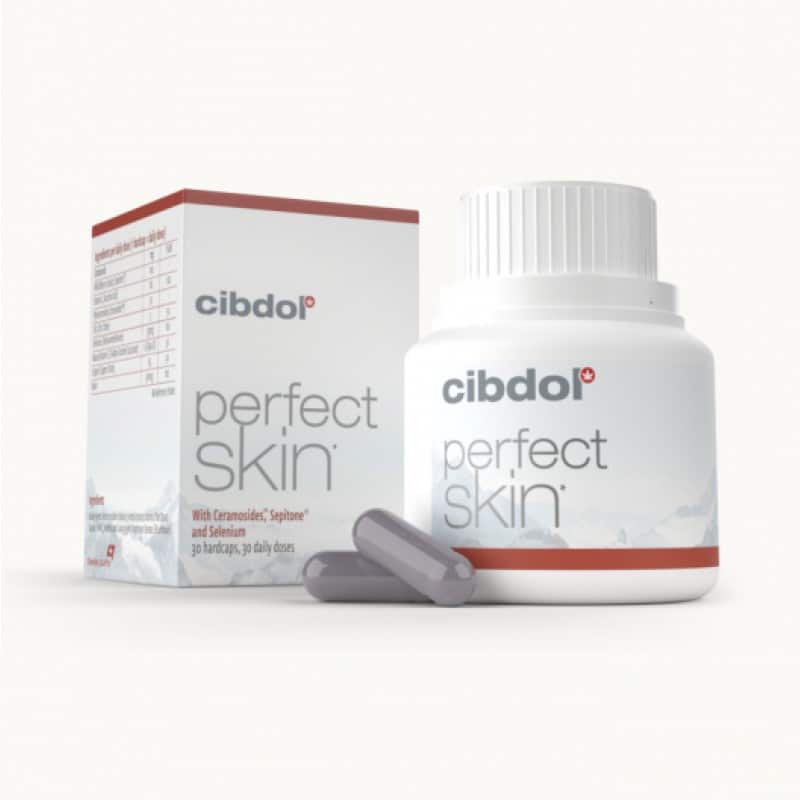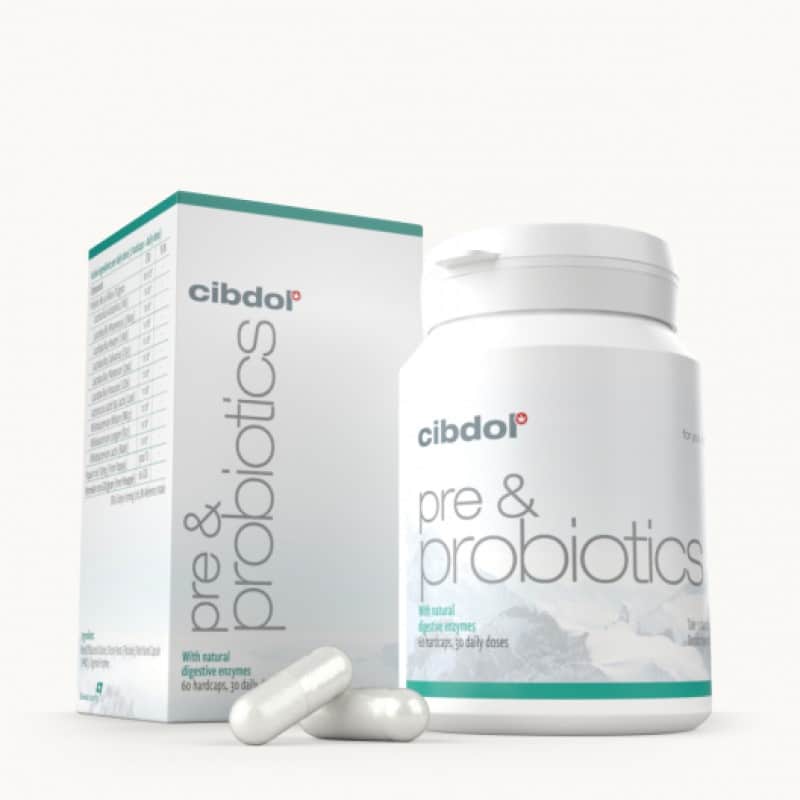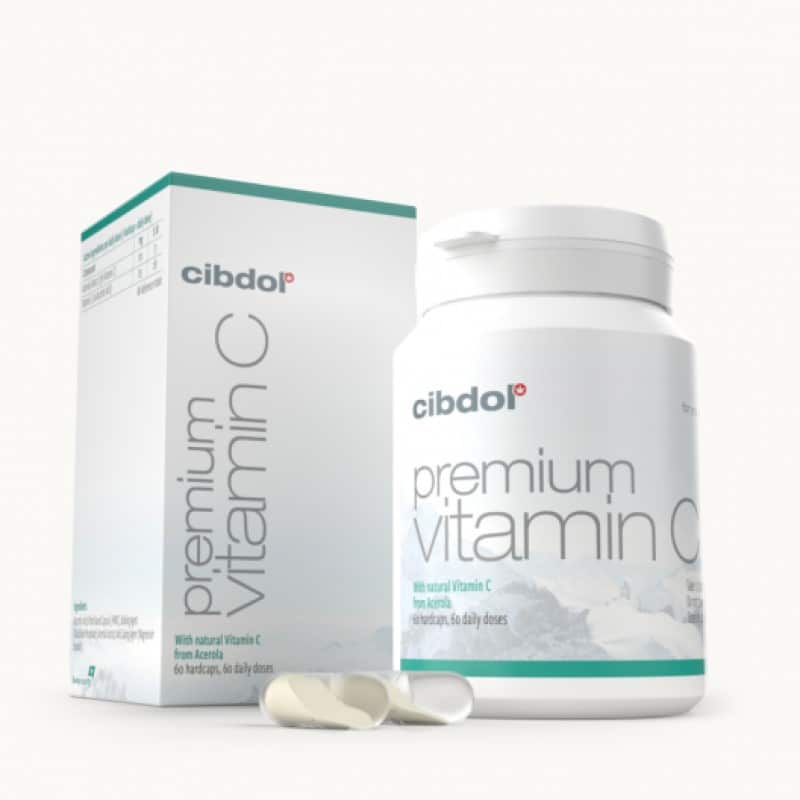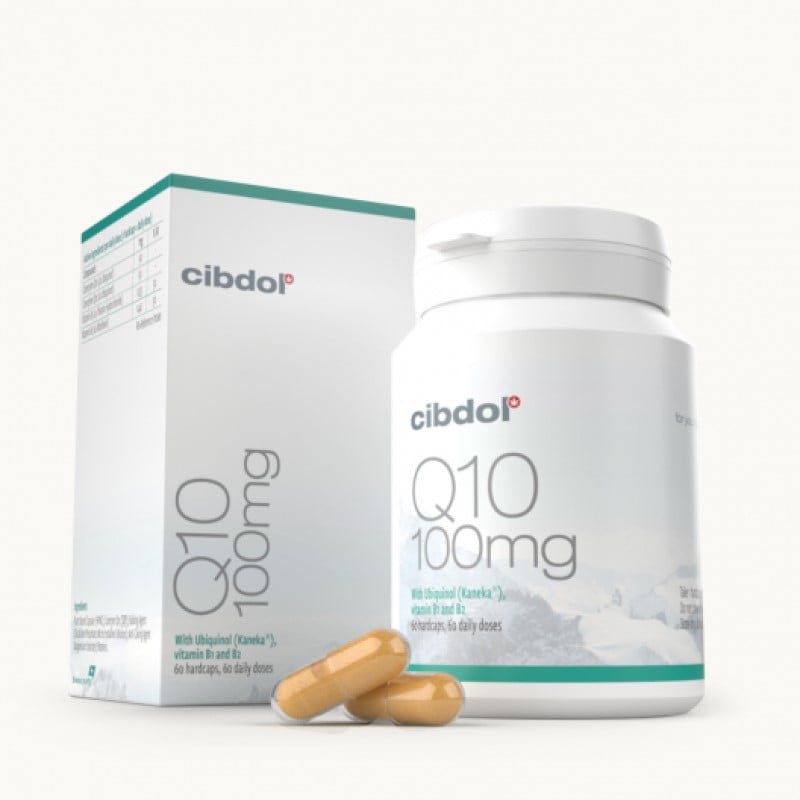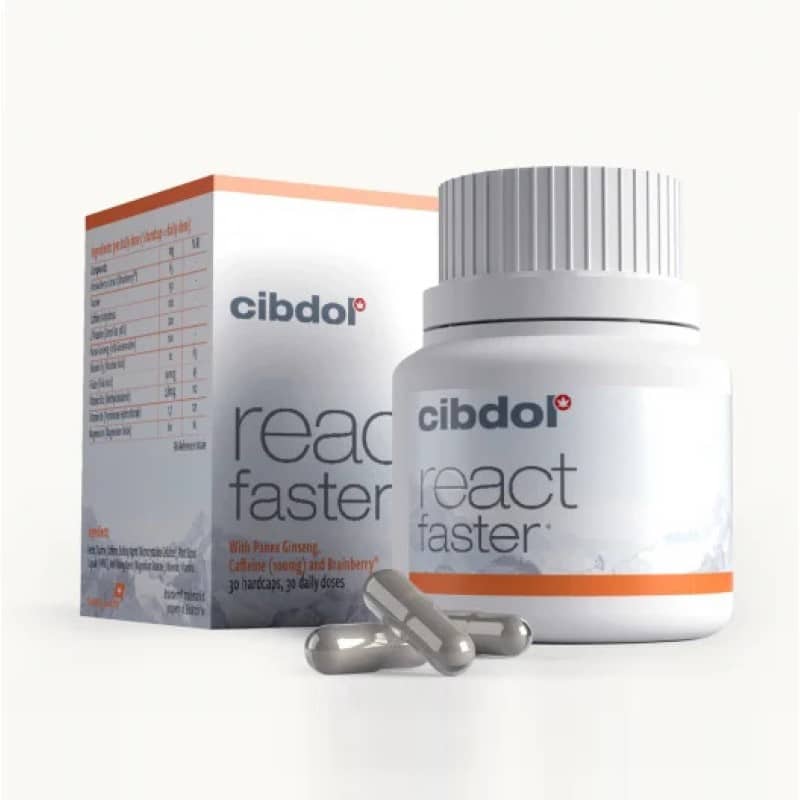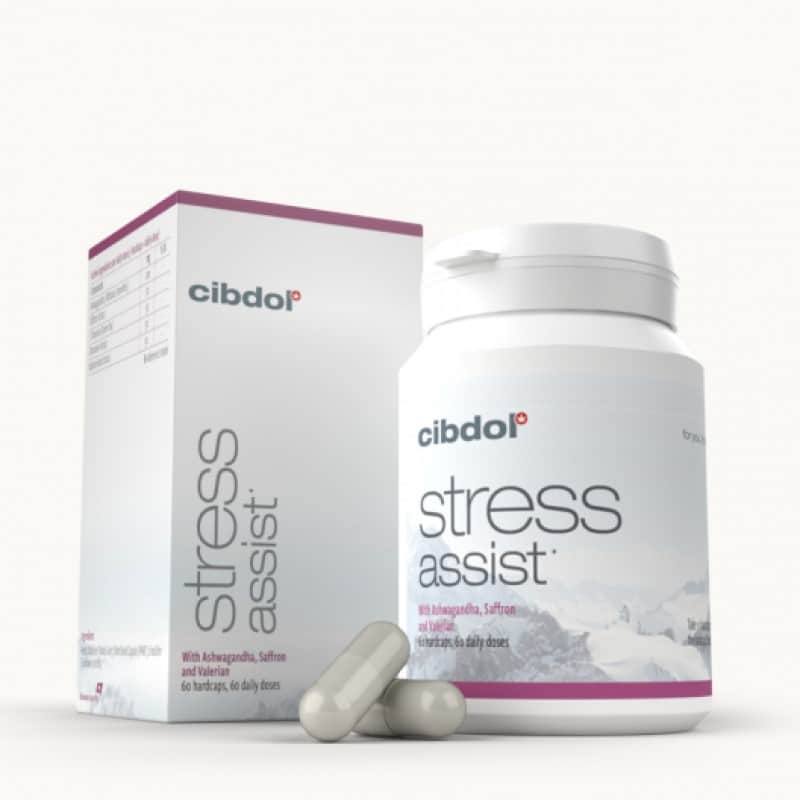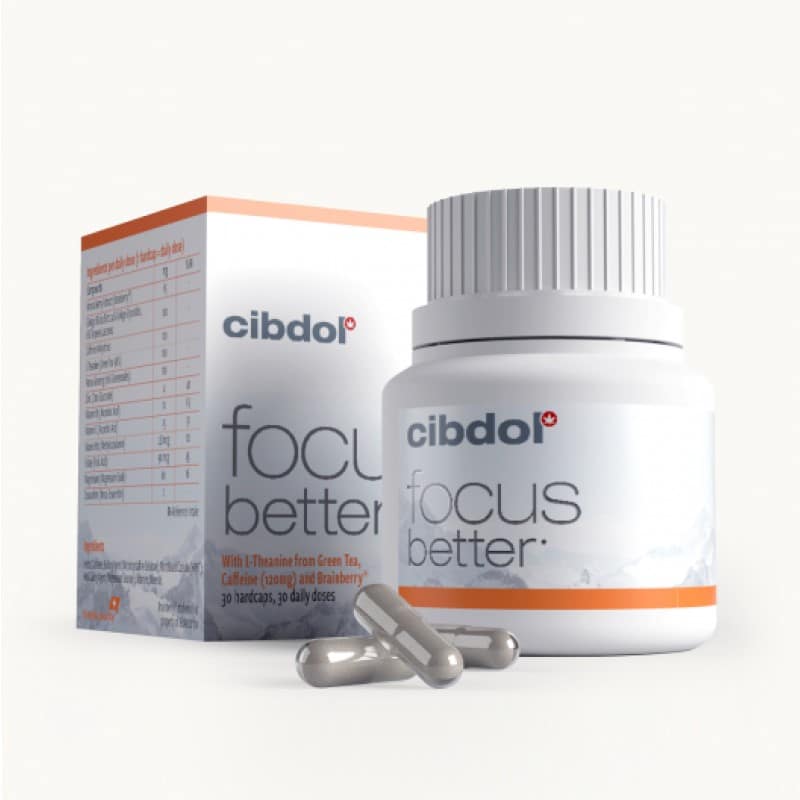VITAMINS
Pamper yourself with the right nutrients and give your health a boost! By adding the right vitamins to your routine, you build a strong immune system against viruses and enhance your natural resistance. Discover the endless possibilities of vitamins and experience the positive impact on your overall well-being. Regain that sparkling energy and feel fit and vital.
WHAT ARE THE BENEFITS OF USING VITAMINS?
The use of vitamins can have numerous benefits for the body and health. Here are some key advantages of using vitamins:
- Supporting the immune system: Various vitamins, such as vitamin C and vitamin D, play a crucial role in strengthening the immune system, making the body more resistant to infections and diseases.
- Promoting healthy skin, hair, and nails: Certain vitamins, like vitamin A, vitamin E, and biotin, are important for the health of the skin, hair, and nails and can help maintain a healthy appearance.
- Improving visual acuity: Vitamin A is essential for healthy vision and can help maintain good visual sharpness.
- Supporting the nervous system: B-vitamins, such as B6 and B12, are involved in nervous system health and can help maintain good brain function.
- Energy production: Several B-vitamins, like B3 (niacin) and B5 (pantothenic acid), play a role in converting food into energy, contributing to a healthy energy level.
- Improving bone health: Vitamin D and vitamin K play a role in promoting strong bones and can help prevent bone-related conditions.
- Supporting circulation: Some vitamins, such as vitamin K, may play a role in promoting a healthy circulatory system.
It’s important to note that the benefits of vitamins may vary depending on individual health needs and circumstances. Following a balanced diet rich in a variety of nutrients, including vitamins, is essential for optimal health.
VITAMINS FOR ENERGY
Certain vitamins can help promote energy and maintain a healthy energy level. These vitamins play a significant role in converting food into energy and supporting various energy-related processes in the body. Here are some of the key vitamins that can help boost energy:
- Vitamin B-complex: B-vitamins are essential for energy production in the body. They play a crucial role in converting carbohydrates, fats, and proteins into energy. The vitamin B-complex includes several B-vitamins such as B1 (thiamine), B2 (riboflavin), B3 (niacin), B5 (pantothenic acid), B6 (pyridoxine),
- B7 (biotin), B9 (folate), and B12 (cobalamin). Taking a B-complex supplement can help promote a healthy energy level.
- Vitamin C: Vitamin C plays an important role in iron absorption from food, which is crucial for oxygen transport in the body. It can also help reduce fatigue and promote vitality.
- Iron: While not a vitamin, iron is important for promoting healthy energy production as it helps transport oxygen throughout the body. Iron deficiency can lead to fatigue and lack of energy.
- Magnesium: Magnesium is involved in more than 300 biochemical reactions in the body, including those related to energy production. It helps convert food into energy and supports a healthy nervous system.
- Coenzyme Q10: CoQ10 is a substance naturally present in the body and is involved in cellular energy production. As an antioxidant, CoQ10 can help protect cells from oxidative stress.
While these vitamins can help promote energy, it’s important to note that a healthy lifestyle, including a balanced diet, sufficient sleep, regular exercise, and stress reduction, is also crucial for maintaining a healthy energy level.
WHICH VITAMIN IS IMPORTANT FOR NERVOUS SYSTEM HEALTH
Vitamin B12 is crucial for nervous system health and can help promote healthy brain function. Also known as cobalamin, vitamin B12 plays a crucial role in the synthesis and maintenance of myelin, a protective layer that surrounds nerve fibers in the nervous system. Myelin acts as an insulator, speeding up the transmission of nerve signals, allowing efficient communication between nerve cells.
Adequate intake of vitamin B12 is essential to prevent damage to the nervous system and promote healthy brain function. Vitamin B12 deficiency can lead to neurological symptoms such as tingling or numbness in the hands and feet, muscle weakness, coordination problems, memory loss, and changes in mood. It also plays a role in the synthesis of neurotransmitters, the chemical messengers involved in transmitting signals between nerve cells, affecting mood, cognition, and memory.
Vitamin B12 is primarily found in animal products such as meat, fish, dairy products, and eggs. Vegans and individuals with certain gastrointestinal conditions are at an increased risk of vitamin B12 deficiency. To maintain healthy nervous system and brain function, it’s important to ensure sufficient intake of vitamin B12 through diet or vitamin supplements if needed.
VITAMINS FOR THE IMMUNE SYSTEM
There are vitamins recommended for supporting and strengthening the immune system. The immune system plays a crucial role in protecting the body against pathogens such as bacteria, viruses, and other harmful substances. Maintaining a healthy immune system is essential for overall well-being. Here are some key vitamins that can help support a strong immune system:
- Vitamin C: Vitamin C is well-known for its powerful antioxidant properties and its ability to support the immune system. It can help boost the production of white blood cells and strengthen the immune system to fight infections.
- Vitamin D: Vitamin D plays an important role in regulating the immune system. It can help reduce inflammation and enhance the immune response against infections.
- Vitamin A: Vitamin A is essential for the health of mucous membranes, which act as a barrier against pathogens. It can also help stimulate the immune response.
- Vitamin E: Vitamin E is a potent antioxidant that can help protect the immune system from oxidative stress and cellular damage.
Vitamin B6: Vitamin B6 is involved in the production of antibodies, which play a critical role in the immune response. - Zinc: While not a vitamin, zinc is an important mineral involved in many immune functions. It can help boost the production of white blood cells and strengthen the immune system.
It’s important to remember that the immune system is influenced by a combination of factors, including diet, lifestyle, and environmental factors. A balanced diet with sufficient nutrients, including these specific vitamins, can contribute to a strong immune system.


